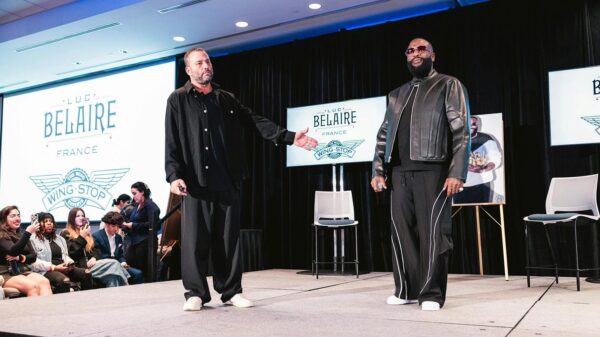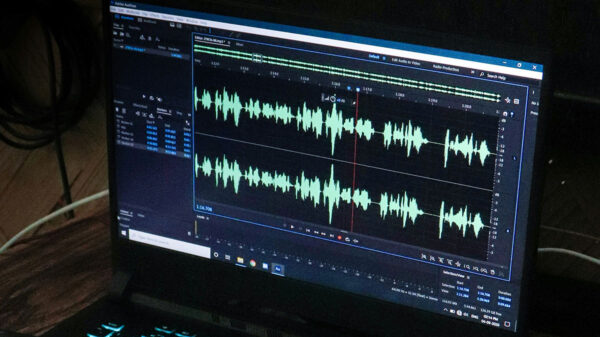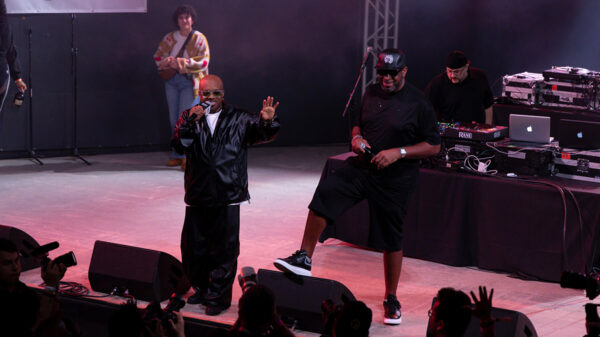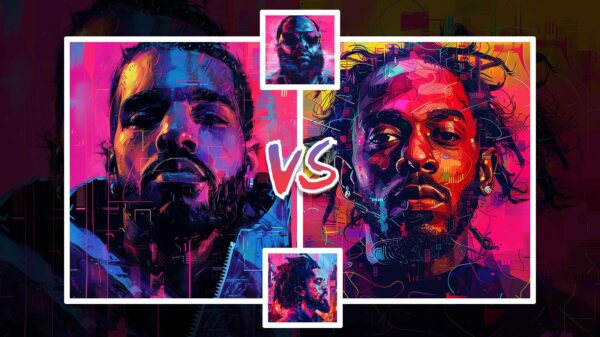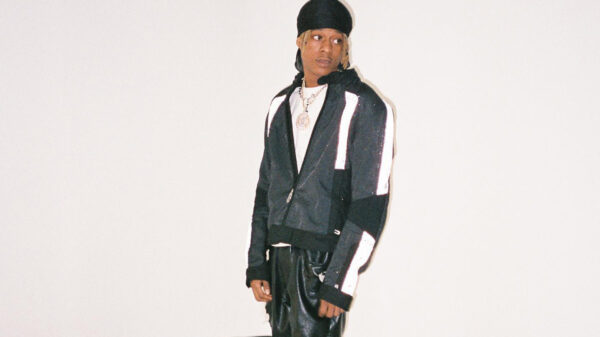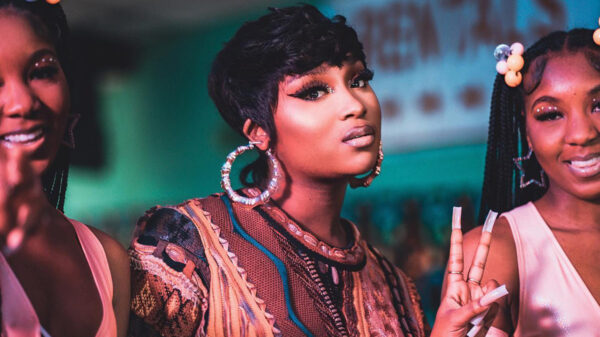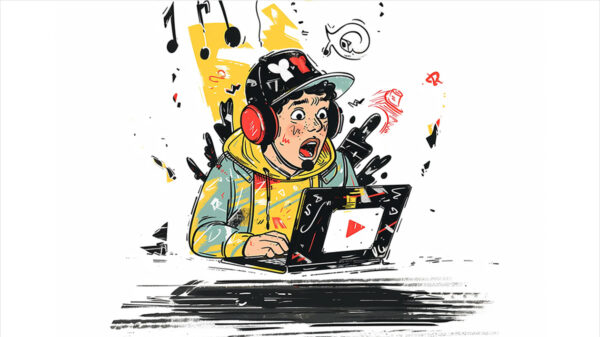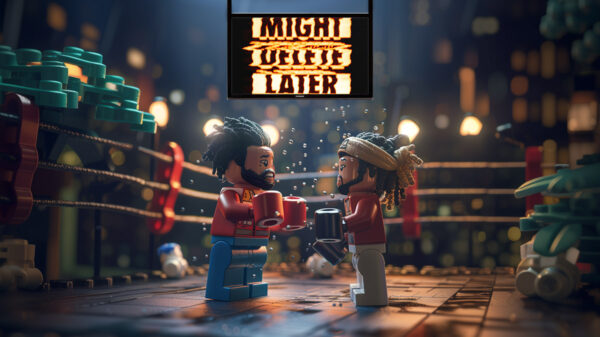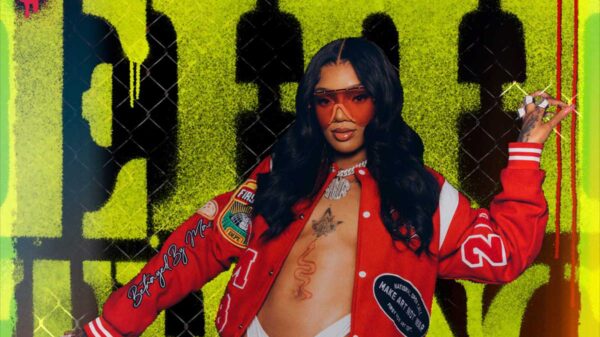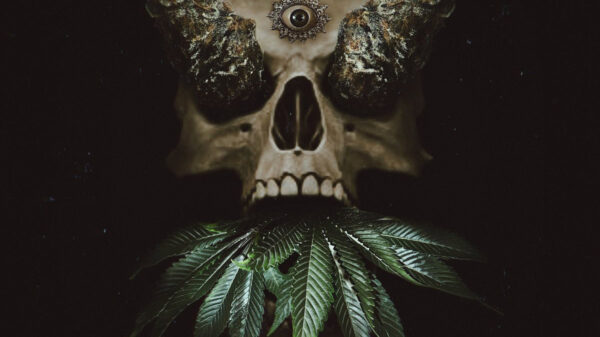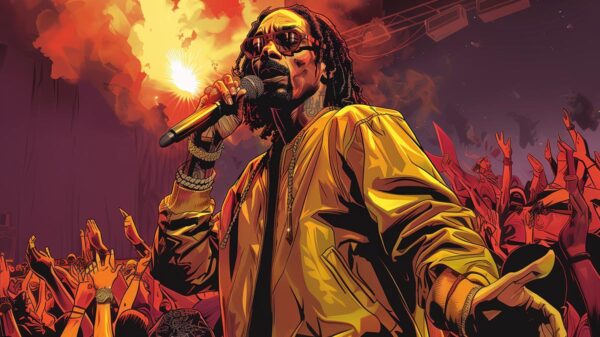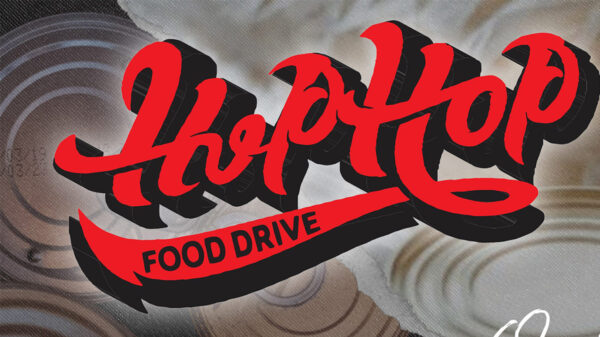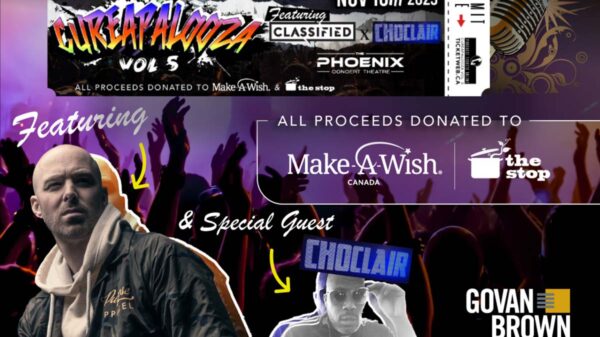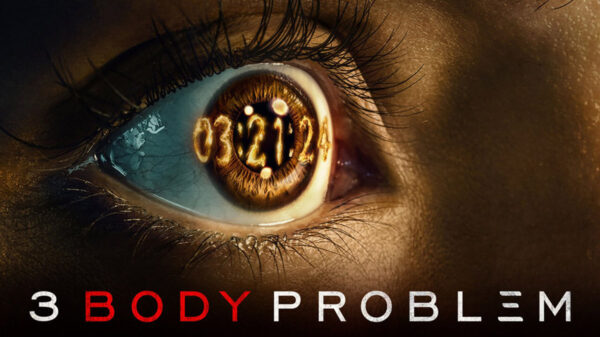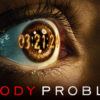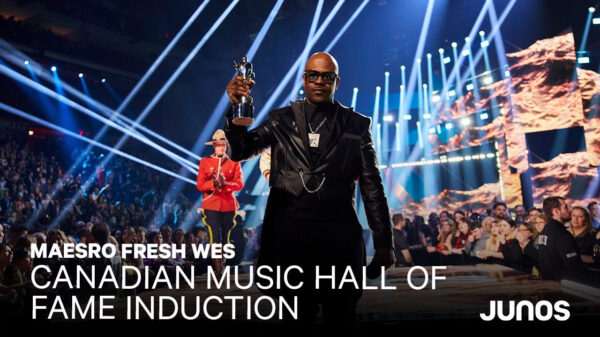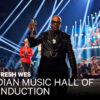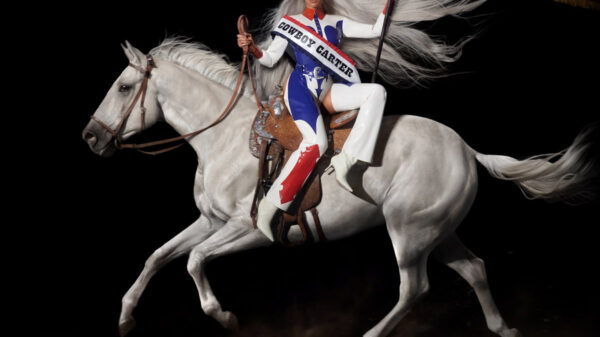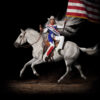The Research Brief is a short take about interesting academic work.
The big idea
Audiences love to see athletes and entertainers behaving spontaneously, according to our recent research, because ad-libbed lines, spectacular catches, improvised set lists and the like make performers seem more authentic and genuine.
We observed a preference for spontaneity in entertainment across several studies. First, we examined dozens of Buzzfeed articles from the past several years about spontaneity in film and TV, like “Here Are 21 TV Moments You Probably Didn’t Know Were Unscripted.” Compared with other Buzzfeed articles about entertainment that were published on the same dates, the pieces about spontaneity garnered nearly double the social media engagement in comments, likes and shares.
We also ran an online raffle in which people could win a real, customized Cameo greeting from a celebrity of their choice. The vast majority of participants – 84.1% – wanted their chosen celebrity to record a fully improvised, off-the-cuff message rather than a scripted personal greeting.
But what is it that accounts for this preference?
Across a variety of experiments, our results showed that people are drawn to spontaneity because they believe it provides a glimpse into a performer’s true self. Our findings reveal that people rate entertainers as more sincere, genuine and authentic when they act spontaneously, rather than when they plan, and authenticity is something that consumers hold in extremely high regard.
But our research also revealed that spontaneity has a cost: When people acted spontaneously, our participants thought the output could be lower quality, less poised and more error prone. For instance, while a chef who leverages spontaneity in their cooking may be seen as more authentic, people might expect their meals to taste worse.
So, although participants often preferred spontaneous moments in entertainment, we found that that preference went away when money was on the line. For example, in one of our experiments, when participants were gambling real money on a sporting event, they preferred players who stuck to the game plan.
Why it matters
U.S. adults spend around six hours per day interacting with video-based media and entertainment. And great entertainment often includes spontaneity: Think of ad-libbed TV moments (many of the most heart-wrenching sequences in “Succession”), impromptu concerts (The Beatles’ 1969 rooftop concert) and on-the-fly sports plays (Kansas City Chiefs quarterback Patrick Mahomes’ trademark “flick” pass). Spontaneity-based entertainment, like improv comedy, reality TV and jazz soloing, continue to stand the test of time.
Our work illustrates that spontaneity can be a powerful tool to boost publicity and engagement and generate positive impressions. Working on a new project? Perhaps leave time for unplanned action. Promoting a new show or product? Consider talking about the unscripted, behind-the-scenes moments. On a first date? Maybe fight the urge to plan your talking points ahead of time. Coming off as truly yourself might mean that you are slightly less poised and articulate, but the trade-off can be worth it.
What’s next
In our studies, we told participants that performances were either planned or spontaneous and then measured their preferences. But what if we hadn’t told them which things were ad-libbed?
Moving forward, we’re interested in understanding if people can accurately tell whether an action is spontaneous just by watching it, and, if so, how they know. Are there social or behavioral cues, like eye contact, colloquial language or intense emotion, that signal spontaneous action?
Of course, being able to identify the “tells” of spontaneity might raise a concern that spontaneity – and, therefore, authenticity – can be faked. So another avenue we’re excited to pursue is understanding the moral and emotional implications of manufactured spontaneity.
Written by Jacqueline Rifkin, Assistant Professor of Marketing, Cornell University and Katherine Du, Assistant Professor of Marketing, University of Wisconsin-Milwaukee
This article is republished from The Conversation under a Creative Commons license. Read the original article.
![]()
5 Ways to Support HipHopCanada:
- Submit Your Music
- Follow Canadian Fresh (HipHopCanada’s Spotify Playlist)
- Follow us on Instagram
- Follow us on X (Twitter)
- Like us on Facebook





